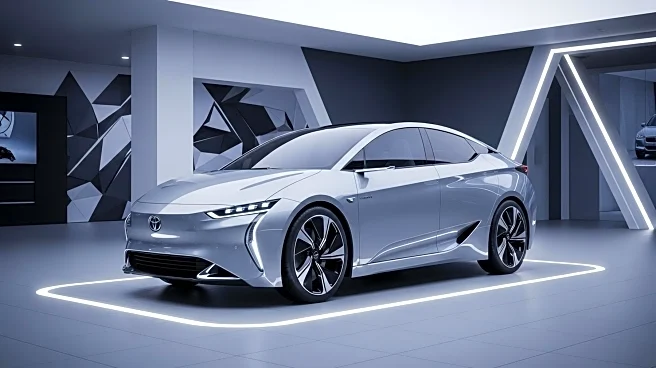What's Happening?
Honda has reported a decline in its third-quarter sales amid a softer non-electric vehicle market. However, the company has seen an increase in the popularity of its hybrid models. According to preliminary estimates from GlobalData, Honda's sales rose by 5.5% in September, contributing to a strong quarter overall. The shift in consumer preference towards hybrid vehicles comes as the U.S. tax credit for electric vehicles has expired, potentially influencing market dynamics and consumer choices.
Why It's Important?
The decline in Honda's non-EV sales reflects broader trends in the automotive industry, where consumers are increasingly gravitating towards more fuel-efficient and environmentally friendly options. The rise in hybrid vehicle sales suggests a growing acceptance of alternative fuel vehicles, which could have long-term implications for the industry. As federal incentives for electric vehicles are phased out, automakers may need to adjust their strategies to cater to changing consumer preferences and regulatory landscapes. This shift could impact Honda's market position and influence its future product offerings.
What's Next?
Honda and other automakers will likely continue to monitor consumer trends and adjust their product lines to meet the demand for hybrid and electric vehicles. The expiration of the EV tax credit may prompt further innovation and competition in the hybrid and electric vehicle markets. Industry stakeholders, including policymakers and environmental groups, will be watching these developments closely to assess their impact on emissions reduction goals and the transition to sustainable transportation.









